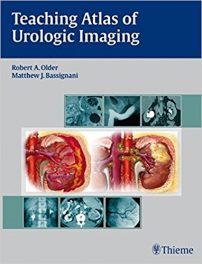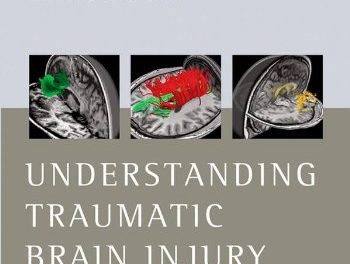 Editor: Edmund O. Acevedo. Oxford Library of Psychology Editor in Chief: Peter E. Nathan
Editor: Edmund O. Acevedo. Oxford Library of Psychology Editor in Chief: Peter E. Nathan
Publisher: Oxford University Press – 523 pages
Book Review by: Nano Khilnani
In this book, 36 specialists from Canada, Greece, the United Kingdom, and the United States in various areas of kinesiology (the study of the principles of mechanics and anatomy in relation to human movement), physical education, and psychology, present research findings on the effects of exercise on physical and mental health.
The findings reveal – and present conclusive evidence – that physical inactivity, along with the intake of unhealthful foods, leads to obesity, which in turn leads to many diseases of the heart and blood vessels.
Among other issues, the contributors examine and present:
- The effects of physical activity on mental health
- Knowledge gathered using psychobiological perspectives
- Behavioral factors that impact on exercise motivation
- The benefits of physical activity in special populations, including individuals with physical disabilities, older adults, and cancer patients
- Promising areas for additional investigation
The book’s 23 chapters organized in six parts reveal the relationships between exercise on the one hand, and on the other: body image; cardiovascular health implications; children’s intelligence; cognitive functions; epidemiology (incidence, distribution and control of disease in various populations); exercise promotion; mental health benefits; muscle pain; personality; positive psychology intervention; psychology of resistance exercise; psychosocial influence; and quality of life.
It is a delight to read this book and learn about the various aspects of exercise psychology because of its simple organization of materials presented in it. At the outset of each chapter just below the title is a boxed area containing a short abstract of what is covered in that particular chapter. Below it in that boxed area are presented key words that the reader needs to know.
In some chapters, a quotation from someone follows. For example in chapter 1 – Exercise Psychology: Understanding the Mental Health Benefits of Physical Activity and the Public Health Challenges of Inactivity – Plato is quoted as saying: “Lack of activity destroys the good condition of every human being, while movement and methodical physical exercise save it and preserve it.”
After a discussion of the main subject of the chapter as indicated in the chapter title, various topics and presentations of information follow. Illustrations such as charts and tables are part of these presentations. Such physical depiction of information is an excellent means of learning about the latest discoveries from research in different areas.
For example, in chapter 2 – Physical Activity Epidemiology – a topic entitled Physical Activity and Type 2 Diabetes presents two charts with data from a study on the relative risk of diabetes (first chart) and the relative risk of cardiovascular disease (second chart) as they relate to walking. The first sentence after the topic title states:
“There is a large and consistent body of evidence that low physical activity and a low cardiovascular fitness level are modest-to-strong risk factors for the development of type 2 diabetes in both men and women. Results from the Nurses’ Health Study (Hu, et al., 1999) highlight these associations. In an 8-year follow-up of 70,102 participants with no history of diabetes at baseline, the relative risks of developing type 2 diabetes from the least to the most physically active quintiles were 1.0, 0.77, 0.75, 0.62, and 0.54.”
“Interestingly, among women who did not perform vigorous activity, relative risks for type 2 diabetes were 1.0, 0.90, 0.73, 0.69, and 0.58 from the quintile who did the least walking to the quintile who walked the most. These results suggest that physical activity, including physical activity of modest intensity and duration, is associated with a substantial reduction in the risk of type 2 diabetes.”
Packed with research such as this, this is an excellent, no-nonsense book. We applaud the efforts of the editor Edmund Acevedo and all the contributors in putting together the valuable information found in it.
Edmund O. Acevedo PhD is professor and Chair in the Department of Health and Human Performance at Virginia Commonwealth University. His primary research focus is on the interaction of mental stress and fitness level on an individual’s health.
Most recently, he has examined the impact of acute stress on factors that impact the process of cardiovascular disease in obese and lean individuals. The work of this research team suggests an in interaction between obesity, psychological stress, and cardiovascular diseases.
In summary, his research supports the notion that psychological stress can have deleterious effects on cardiovascular health, and improved fitness may ameliorate these effects. His research has been funded by federal and private sources.
He is coauthor with Panteleimon Ekkekakis of an edited text published by Human Kinetics entitled The Psychobiology of Physical Activity (2006). He is a Fellow of the American College of Sports Medicine and the American Psychological Association and has served as President of Division 47, which is the Exercise and Sport Psychology division of the American Psychological Association.







